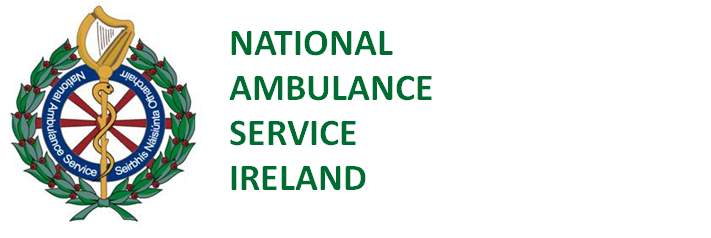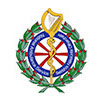In case of emergencies please ring 999/112
HSE National Ambulance Service expands Pathfinder service to Kerry
The HSE National Ambulance Service in collaboration with University Hospital Kerry – South South West Hospital Group, is delighted to announce the official launch today Wed 2nd August 2023 of its patient orientated service called Pathfinder. The Pathfinder service which goes live today, is designed to safely keep older people who phone 112/999 in their own home rather than taking them to a hospital emergency department. Pathfinder improves outcomes for older people by providing safe alternative care at home rather than in hospital and will be provided by National Ambulance Service staff working with colleagues from University Hospital Kerry.
How the Pathfinder Service works:
The Pathfinder ‘Rapid Response Team’ respond to 999/112 calls for older people (65 years and older) in their homes. This may be someone for instance after a fall or who is generally unwell. The older person is assessed by both an Advanced Paramedic and Occupational Therapist/Physiotherapist. Where safe, the team supports the older person at home rather than transporting them to emergency department, by linking with a wide range of alternative hospital and community services. Pathfinder also operates a ‘Follow-Up Team’ (Physiotherapy & Occupational Therapy) which provides immediate home-based rehabilitation, equipment provision and case-management in the subsequent days following a 999/112 call. The service will operate in Kerry from 8am to 8pm Monday to Friday, excluding Bank Holidays. In addition, the Advanced Paramedics for Pathfinder will operate on Saturday and Sunday for Follow Ups, Catheterisation and Advanced Life Support.
Pathfinder has been working as a collaborative service between the NAS and Dublin’s Beaumont Hospital Occupational Therapy & Physiotherapy Departments for more than two years and has now also expanded to operate in Limerick, Tallaght, Waterford, Kilkenny and Cork. On average two thirds of patients seen by Pathfinder following a 999 call have remained at home rather than being brought to the Emergency Department.
Robert Morton, Director of the HSE National Ambulance Service said the expansion of the NAS Pathfinder Model is part of a plan to offer different groups of patients an alternative pathway other than presenting to a busy emergency department.
“The National Ambulance Service is very pleased with the outcomes being achieved, for individual patients, by this service and we are delighted to be working with University Hospital Kerry which has agreed to support the expansion of the Pathfinder model to this part of the country. The NAS Pathfinder model is improving outcomes for older people by offering safe alternative care pathways for many older people in their own homes who might otherwise have to be conveyed to a busy Emergency Department. Pathfinder is enabling NAS to play an increasing role as an integrator of health service delivery by also connecting 999 patients with the increasing range of community services being developed by the HSE to support the needs of older people.”
Welcoming the introduction of the service to Kerry, Mary Fitzgerald Hospital Manager, University Hospital Kerry added:
“We are extremely pleased to be able to offer this service to suitable older people here in our local Kerry community."
Through the Pathfinder Model, many older patients can be safely and appropriately managed in their own home rather than being transported to the ED for assessment when they dial 112/999. Pathfinder aims to reduce congestion in busy Emergency Departments and makes for a better environment for patients and staff on the floor whilst improving overall flow through the ED. The service enables increased ED capacity to care for other patients, by supporting this cohort of complex, frail patients at home.
John Joe Mc Gowan, General Manager Operations – NAS West added: “Many patients who present to the emergency department have non-urgent care needs that could be treated elsewhere. Overall, Pathfinder has shown that it is a safe and acceptable service for older people who dial 999/112 with low acuity complaints.”

